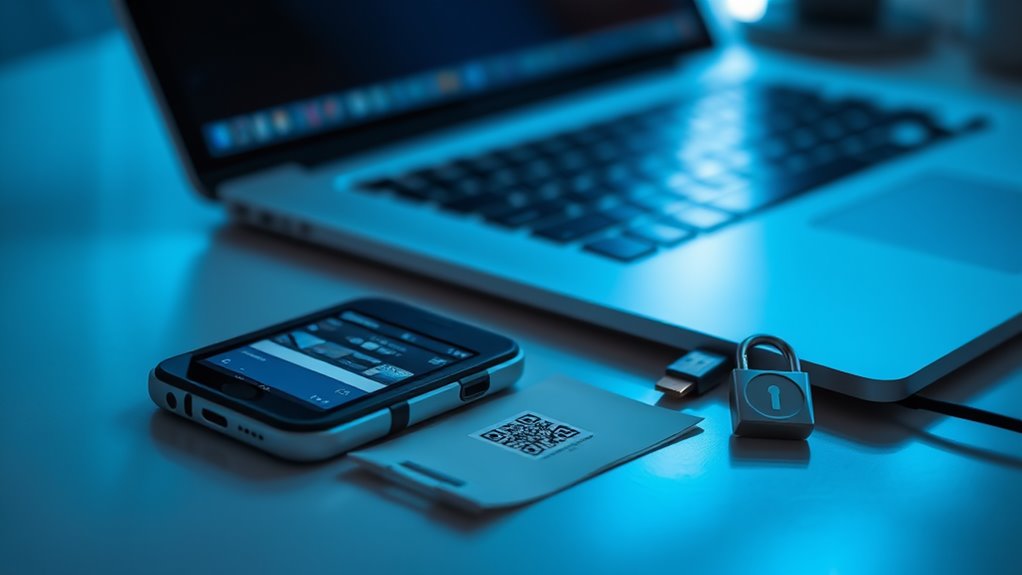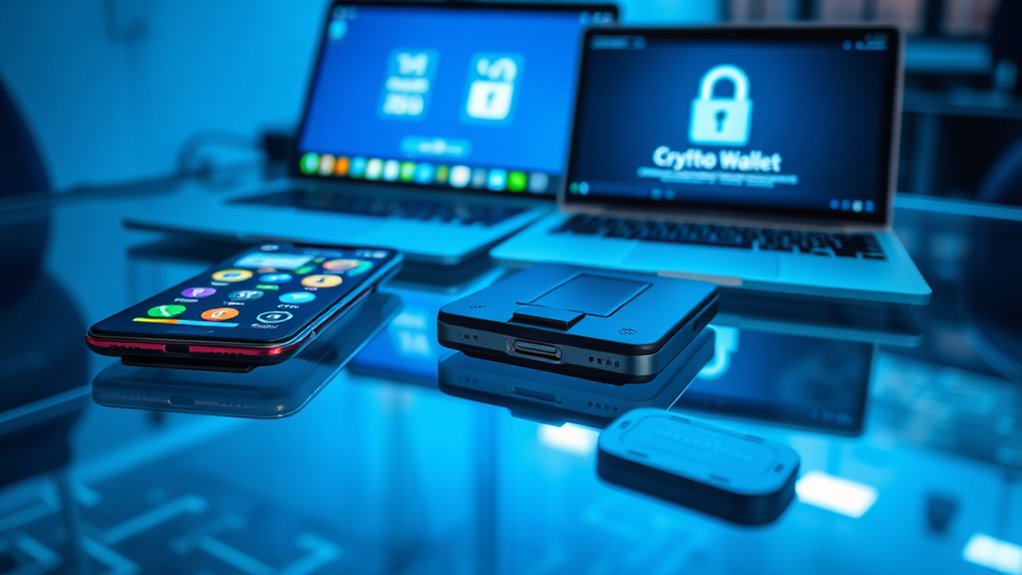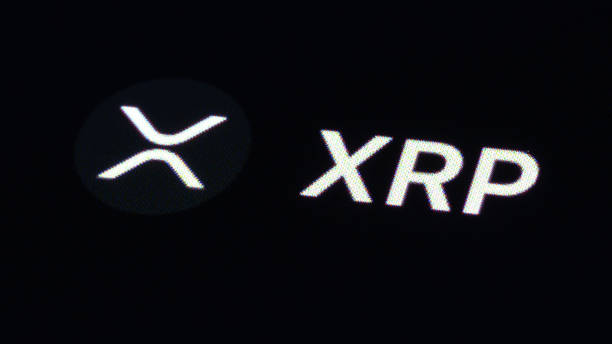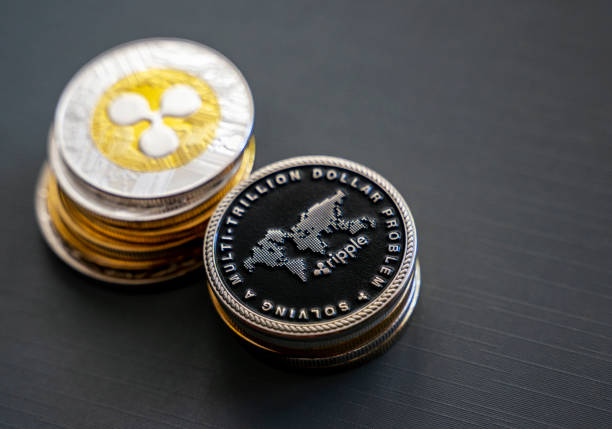Factors to Consider When Choosing a Crypto Wallet
Note: This post may contain affiliate links, and we may earn a commission (with No additional cost for you) if you make a purchase via our link. See our disclosure for more info. The crypto world is constantly changing. This content is for informational purposes only and not financial, legal, or professional advice So, please verify the info on the cryptocurrency provider’s websites.
Choosing a crypto wallet? It's not just about flashy features. Security is key. Look for two-factor authentication and avoid custodial wallets if you hate sharing your private keys. Supported cryptocurrencies matter—some wallets cater to a thousand coins, while others barely scratch the surface. Don't underestimate user experience; if it's clunky, you'll regret it. And fees? Yeah, they can sneak up on you. Stick around for more tips on picking the right one.

Choosing a crypto wallet—what's the big deal? Well, it's not just a matter of picking a cute logo. Security features are where it all begins. Do you want two-factor authentication? Encryption? If you're using a custodial wallet, guess what? You're trusting someone else with your keys. Good luck with that! Cold storage options? They're your best bet for keeping those digital assets safe.
Choosing a crypto wallet is about more than looks; prioritize security features and control over your keys!
Next up, supported cryptocurrencies. Some wallets are like buffet tables, offering over 1,000 coins. Others? A sad little offering of a handful. If you're into diversity, you'll want a wallet that plays nice with various blockchains. Don't settle for a one-trick pony. Make sure to identify the range of cryptocurrencies supported before making your purchase to avoid access issues later.
Let's talk wallet types. Custodial versus non-custodial? Hot versus cold? Hardware versus cold? It's a maze, folks! Custodial wallets hold your keys, which can be a disaster if they get hacked. Non-custodial wallets let you keep control, but you better not lose your private keys. Non-custodial wallets provide direct ownership of private keys, enhancing your security and independence in managing crypto assets. Hardware wallets offer superior security by keeping your private keys offline, protecting them from internet-based threats.
User experience matters. If the interface looks like it was designed in the '90s, good luck maneuvering that mess. Compatibility with devices is key, too. You want a wallet that plays well on your phone, tablet, or whatever gadget you're using.
Transaction fees? Oh boy. Some wallets charge like they're at a fancy restaurant. Customization options? Those can save you from being hit with surprise charges.
Reputation isn't just a buzzword. Check reviews. Look at the company's background. Transparency matters or you might end up in a sticky situation.
Lastly, additional features. Built-in exchanges, staking options, and more can really sweeten the deal. But remember, more features mean more complexity. So, choose wisely. Your crypto journey is at stake!
Frequently Asked Questions
What Types of Cryptocurrencies Can I Store in a Crypto Wallet?
A crypto wallet can hold a variety of cryptocurrencies. Think Bitcoin, Ethereum—your big players.
But wait, there's more! Altcoins like Litecoin and Dogecoin also find a home.
If you're into fancy tokens, many wallets support ERC-20 and BEP-20 gems.
Stablecoins? Absolutely, everyone loves a stable friend.
But, if you're hunting for niche coins, good luck; not every wallet plays nice with the obscure stuff.
It's a mixed bag, really.
How Do I Move My Cryptocurrencies to a New Wallet?
Moving cryptocurrencies to a new wallet? It's a bit of a process.
First, access your current wallet. Then get that new wallet's address—double-check it, because one wrong digit? Boom, money gone.
Choose your coin and hit transfer. Make sure to check fees. Don't rush!
Once you send it, watch it like a hawk. Confirm you actually got it.
If you're sending big bucks, maybe test it with a tiny amount first.
Can I Use a Crypto Wallet on Multiple Devices?
Sure, a crypto wallet can totally be used on multiple devices.
Phantom, Exodus, SafePal, MetaMask, and Trust Wallet, they've all got that covered. You can switch from your phone to your laptop like it's no big deal. Each one has its quirks, but they keep you connected.
Just don't forget your passwords, because losing those is like losing your goldfish—painful and messy.
What Happens if I Forget My Wallet Password?
Forgetting a wallet password? Good luck.
Without that magic key, access to funds is gone—like a bad dream you can't wake up from. No passwords, no recovery.
Blockchain's not your friend here; there's no reset button. Some folks have lost millions.
Password cracking? That'll set you back around $500 a day, and even then, it's a shot in the dark.
Are Hardware Wallets Immune to Hacking?
Hardware wallets aren't invincible. Sure, they're safer than your average online wallet, but "immune" is a stretch.
Hackers have a toolkit full of tricks: malicious firmware, power glitches, and even sneaky supply chain attacks. They can mess with transactions or extract sensitive data if you're not careful.











2 Comments